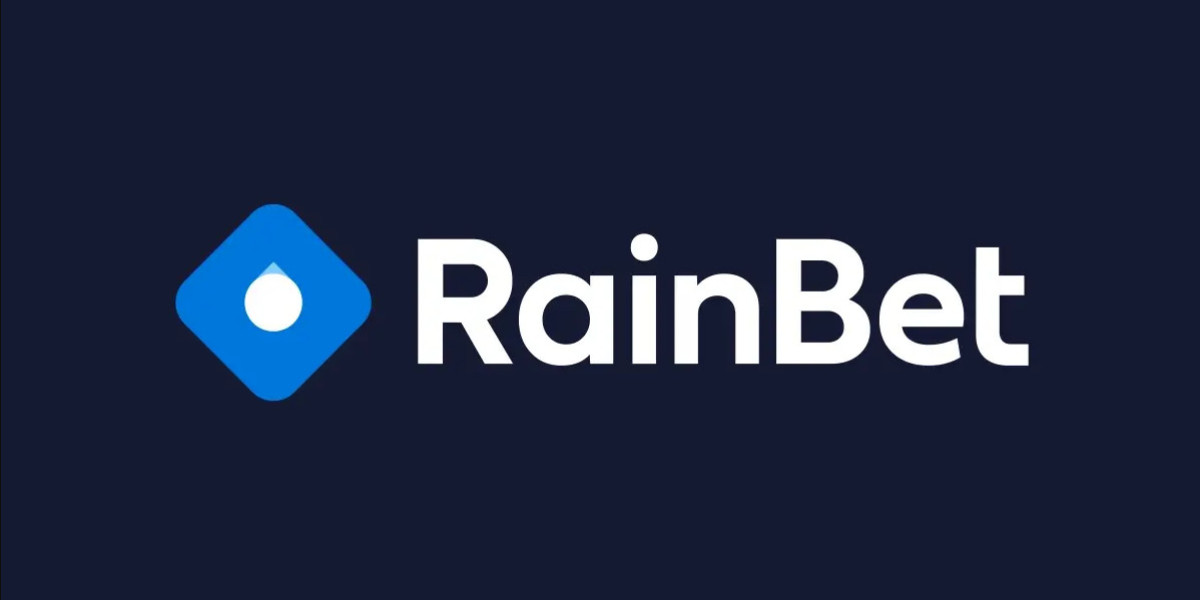Researchers have deceived DeepSeek, the Chinese generative AI (GenAI) that debuted earlier this month to a whirlwind of promotion and user adoption, into exposing the instructions that define how it runs.
DeepSeek, the new "it girl" in GenAI, was trained at a fractional expense of existing offerings, and as such has triggered competitive alarm throughout Silicon Valley. This has actually resulted in claims of intellectual home theft from OpenAI, and the loss of billions in market cap for AI chipmaker Nvidia. Naturally, security researchers have started inspecting DeepSeek also, examining if what's under the hood is beneficent or wicked, or a mix of both. And analysts at Wallarm just made substantial progress on this front by jailbreaking it.

In the procedure, they revealed its entire system timely, i.e., a surprise set of directions, written in plain language, that dictates the habits and limitations of an AI system. They likewise might have caused DeepSeek to confess to reports that it was trained using innovation established by OpenAI.
DeepSeek's System Prompt
Wallarm notified DeepSeek about its jailbreak, and DeepSeek has actually because repaired the issue. For fear that the exact same tricks may work versus other popular large language designs (LLMs), genbecle.com nevertheless, the researchers have picked to keep the technical information under wraps.
Related: Code-Scanning Tool's License at Heart of Security Breakup
"It definitely needed some coding, but it's not like an exploit where you send a bunch of binary information [in the form of a] virus, and then it's hacked," explains Ivan Novikov, CEO of Wallarm. "Essentially, we type of convinced the design to respond [to triggers with particular biases], and since of that, the design breaks some type of internal controls."
By breaking its controls, the scientists were able to draw out DeepSeek's entire system timely, word for word. And for a sense of how its character compares to other popular models, it fed that text into OpenAI's GPT-4o and asked it to do a comparison. Overall, GPT-4o claimed to be less limiting and more imaginative when it pertains to possibly delicate material.
"OpenAI's timely permits more vital thinking, open discussion, and nuanced argument while still making sure user safety," the chatbot claimed, where "DeepSeek's timely is likely more rigid, avoids questionable conversations, and emphasizes neutrality to the point of censorship."
While the scientists were poking around in its kishkes, they likewise stumbled upon one other fascinating discovery. In its jailbroken state, the model appeared to suggest that it might have received moved understanding from OpenAI designs. The researchers made note of this finding, however stopped short of labeling it any type of proof of IP theft.
Related: OAuth Flaw Exposed Millions of Airline Users to Account Takeovers
" [We were] not retraining or poisoning its responses - this is what we received from a really plain reaction after the jailbreak. However, the reality of the jailbreak itself does not certainly offer us enough of an indication that it's ground reality," Novikov warns. This topic has actually been especially sensitive since Jan. 29, when OpenAI - which trained its models on unlicensed, copyrighted data from around the Web - made the previously mentioned claim that DeepSeek used OpenAI innovation to train its own designs without approval.

Source: Wallarm
DeepSeek's Week to bear in mind
DeepSeek has actually had a whirlwind ride because its worldwide release on Jan. 15. In two weeks on the marketplace, it reached 2 million downloads. Its popularity, abilities, and low cost of advancement triggered a conniption in Silicon Valley, and panic on Wall Street. It contributed to a 3.4% drop in the Nasdaq Composite on Jan. 27, led by a $600 billion wipeout in Nvidia stock - the largest single-day decline for any company in market history.
Then, right on cue, given its unexpectedly high profile, DeepSeek suffered a wave of distributed denial of service (DDoS) traffic. Chinese cybersecurity firm XLab discovered that the attacks began back on Jan. 3, and originated from thousands of IP addresses spread across the US, Singapore, the Netherlands, Germany, and China itself.
Related: Spectral Capital Files Quantum Cybersecurity Patent
An anonymous professional informed the Global Times when they began that "at initially, the attacks were SSDP and NTP reflection amplification attacks. On Tuesday, a a great deal of HTTP proxy attacks were added. Then early this early morning, botnets were observed to have actually joined the fray. This implies that the attacks on DeepSeek have been intensifying, with an increasing range of methods, making defense increasingly difficult and the security challenges faced by DeepSeek more severe."
To stem the tide, the company put a momentary hold on new accounts registered without a Chinese phone number.
On Jan. 28, while warding off cyberattacks, the business released an upgraded Pro variation of its AI model. The following day, Wiz scientists found a DeepSeek database exposing chat histories, secret keys, application programming user interface (API) tricks, and more on the open Web.
Elsewhere on Jan. 31, Enkyrpt AI published findings that expose deeper, significant problems with DeepSeek's outputs. Following its testing, it considered the Chinese chatbot 3 times more biased than Claud-3 Opus, four times more hazardous than GPT-4o, and photorum.eclat-mauve.fr 11 times as most likely to generate hazardous outputs as OpenAI's O1. It's also more likely than many to create insecure code, and produce dangerous information relating to chemical, biological, radiological, and nuclear agents.
Yet in spite of its imperfections, "It's an engineering marvel to me, personally," states Sahil Agarwal, CEO of Enkrypt AI. "I believe the truth that it's open source likewise speaks highly. They want the neighborhood to contribute, and have the ability to utilize these innovations.









